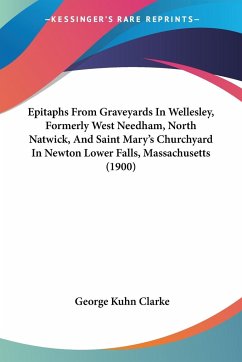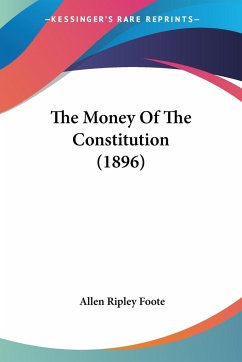""Miss Smith, the wealthy old lady who died recently near Chapel Hill, and who bequeathed a large sum of money to the State University, did not fail to remember her old slaves, of whom six are now living,"" read the New York Times, December 6, 1885. But the Times got it wrong: land, not money, was left to the University of North Carolina and five of Mary Ruffin Smith's former slaves. Four were also her nieces--sired by her two bachelor brothers--and all had the same mother, the Smiths' maid Harriet. A spinster, Mary raised the girls, baptized them into the Episcopal Church, married them to respectable biracial men and left each 100 acres in her will. The result of eight years of research, this book tells the story of the Smith family and the fortune that survived the profligacy of Mary's father before being willed to the university and the North Carolina Episcopal diocese. Every ""legitimate"" member of the family lies in a small cemetery near the former estate. Harriet was buried an unmarked grave somewhere in Orange County. The hundreds of descendants of her daughters have been virtually ignored--this book is for them.
Hinweis: Dieser Artikel kann nur an eine deutsche Lieferadresse ausgeliefert werden.
Hinweis: Dieser Artikel kann nur an eine deutsche Lieferadresse ausgeliefert werden.








